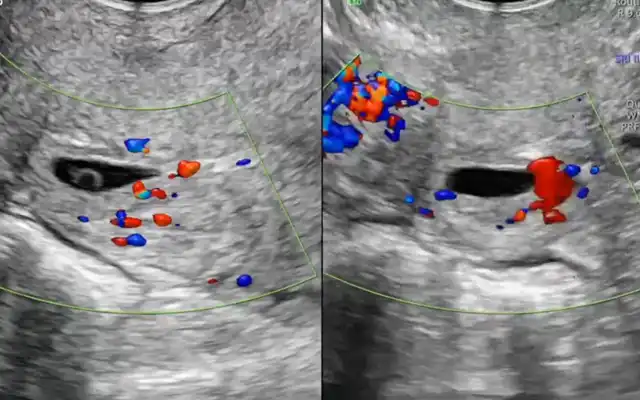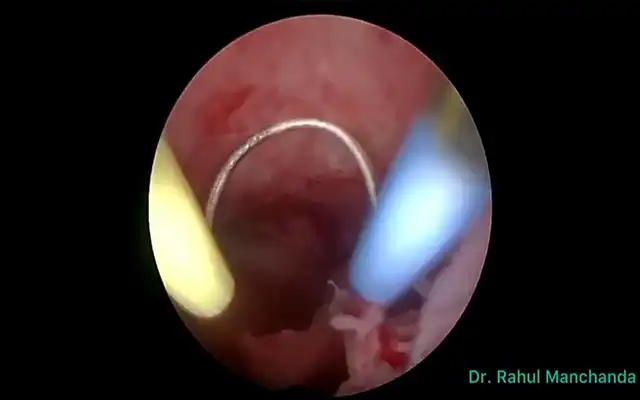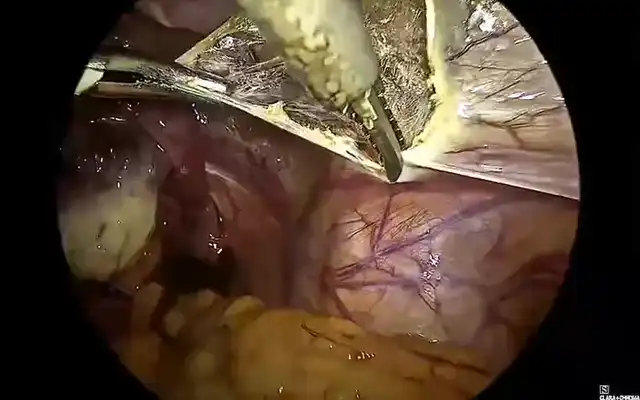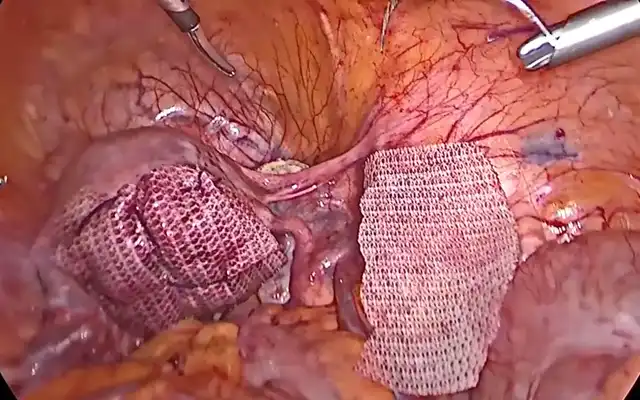Raising the Bar in MIGS: Highlights from the XII IGES Annual Congress 2025
Surakarta, Indonesia, became a regional hub of surgical innovation in November 2025 as the Indonesian Gynecologic Endoscopy Society (IGES) hosted its XII Annual Congress. With more than a dozen pre-congress workshops and a two-day scientific meeting, the event showcased the rapid evolution of minimally invasive gynecologic surgery (MIGS) in Southeast Asia—and the strong partnership between IGES and the International Society for Gynecologic Endoscopy (ISGE).
The congress opened with two immersive workshop days that covered the full spectrum of MIGS practice. Surgeons refined essential skills in pelvic anatomy, laparoscopic dissection, suturing, and energy safety, while specialty-focused sessions explored hysteroscopy, urogynecology, endoscopic oncology, and office-based procedures. The program stood out for its emphasis on hands-on learning, offering wet labs, dry labs, robotic simulation, and structured endotrainer practice.
Emerging technologies were particularly prominent. Single-port laparoscopy and vNOTES drew substantial interest, with practical sessions guided by regional and international experts. Two full robotic surgery workshops reflected the growing adoption of the Da Vinci platform in the region, while dedicated sessions on microwave ablation, HIFU, and fetoscopic interventions signaled IGES’s commitment to staying at the forefront of advanced minimally invasive therapies.
When the main congress began, the scientific program delivered equal depth. Keynote lectures addressed professional development in MIGS, deep endometriosis surgery, and modern approaches to pelvic organ prolapse. A highlight for many attendees was the ISGE Session, which featured perspectives on pectopexy, endometrial cancer management, hydrosalpinx strategies, and the diagnostic power of hysteroscopy. These talks reinforced the shared vision of IGES and ISGE: harmonizing global expertise with local clinical realities.
Parallel sessions throughout the congress explored a range of timely topics—complication prevention, pain management in office hysteroscopy, new fibroid and adenomyosis therapies, and the role of MIS in gynecologic oncology. Meanwhile, the IGES Scientific Competition brought forward a new generation of researchers and educators through oral, video, and poster presentations.
The final day celebrated the future of MIGS with sessions on tele-mentoring, mesh-free prolapse repair, and robotic approaches to complex endometriosis. A lively video session and closing robotics panel added a practical, forward-looking end to the meeting.
Beyond the scientific program, the local organizing committee offered international speakers an unforgettable cultural experience with a dedicated sightseeing tour to Borobudur and Prambanan Temples on Java Island. The visit provided a meaningful opportunity to explore Indonesia’s rich historical and architectural heritage. Walking through the serene terraces of Borobudur—the world’s largest Buddhist temple—and witnessing the grandeur of the Hindu Prambanan complex allowed delegates to experience firsthand the cultural depth and diversity of the region. This thoughtful gesture highlighted the warm hospitality of IGES and strengthened personal and professional connections among participants.
Across four days, the XII IGES Congress demonstrated how regional societies can drive meaningful growth in surgical standards through collaboration, hands-on training, and open exchange of ideas. For ISGE, the meeting was a vivid reminder that the global MIGS community is vibrant, expanding, and united by a shared commitment to improving women’s surgical care worldwide.
Anneli Linnamägi



